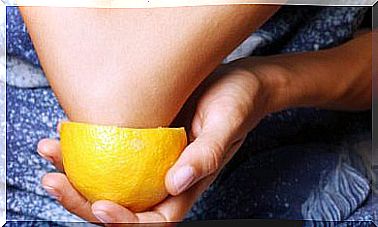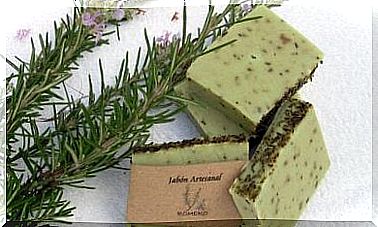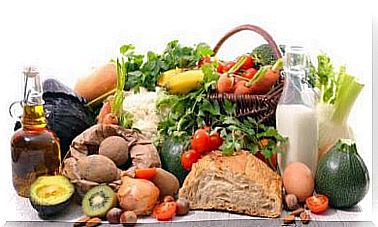5 Ways To Make Organic Fertilizer
Some food waste contains potassium and calcium, and can then be used to prepare organic fertilizers for soil fertilization. Find out here how to make organic fertilizers for your plants.
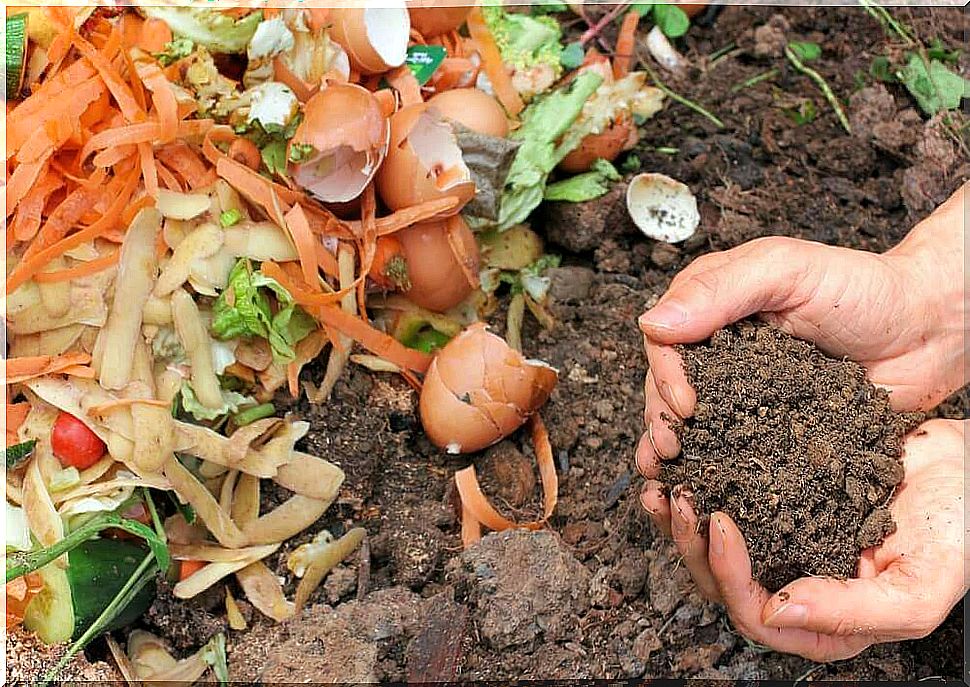
There are many ways to make organic fertilizer to fertilize the soil of your plants. Although it is easy to find commercial fertilizer, there are 100% natural alternatives that provide additional nutrients.
These alternatives have been around for a long time, but have been replaced by synthetic fertilizers.
Synthetic fertilizer fertilizes soils very quickly, but in the long run it can cause negative effects as the soils eventually become depleted.
Even though plants do not differentiate between these two types of fertilizer, synthetic fertilizers do create harmful imbalances.
These fertilizers not only reduce the presence of good germs, but they also kill earthworms.
1. Banana peels as organic fertilizer
Thanks to its high potassium content, banana peel is one of the best organic fertilizers.
Potassium is one of the most important nutrients for plants, just behind nitrogen. It is involved in photosynthesis and in the formation of resistant tissues.
In addition, potassium helps revitalize plants when their flowering is decreasing or when they take on an opaque appearance. You can use the banana peels naturally, or as a tea.
Instructions
- Cut the banana peels into several strips.
- Boil the banana peels for fifteen minutes.
- Rub your new fertilizer on the plants. You can leave the banana peels near the plants.
2. Organic apple cider vinegar fertilizer
Apple cider vinegar contains acetic acid, an acid that helps fertilize plants that grow in acidic soil.
This acid helps to keep the plant healthy and to prevent its leaves from taking on a burnt appearance.
Instructions
- Add a tablespoon of apple cider vinegar to the water that will be used to water your plants. Make it a habit.
- Do this at least once a month.
3. Organic fertilizer made from eggshells
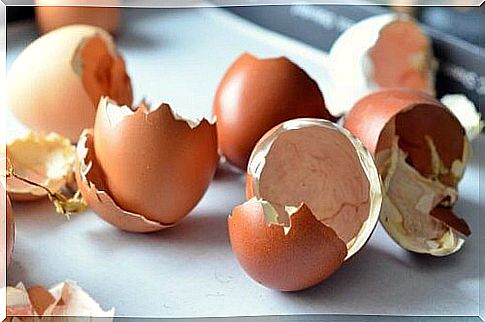
Organic eggshell fertilizers usually have other natural ingredients.
Nevertheless, eggshells are sufficient on their own, as they have a high calcium content and prevent blossom end rot in some plants, such as tomato, pepper and eggplant.
Instructions
- Crush the eggshells, and introduce them to your plantations.
- Another option: let the eggshells dry, and turn them into a fine powder using a grinder. Then apply the powder to the plants.
4. Wood ash as an organic fertilizer
Wood ash can aid in the ripening stage of flowers and fruits of many plants. This natural element contains high levels of potassium and phosphorus, two minerals necessary to enrich the soil.
In addition, wood ashes contain substances that repel ants and other invasive insects. However, avoid using wood ash for plants with acidic soil, as the ashes alter the pH of the soil.
Instructions
- Dilute a good quantity of wood ash in water.
- Water your plants with this liquid.
- Another option: spread a thin layer of ash two or three centimeters from the stem of the plant.
Note: make sure that the ashes do not come from wood in contact with heavy metals or polluting elements. If so, you are taking the risk of ruining your garden.
5. Algae as an organic fertilizer
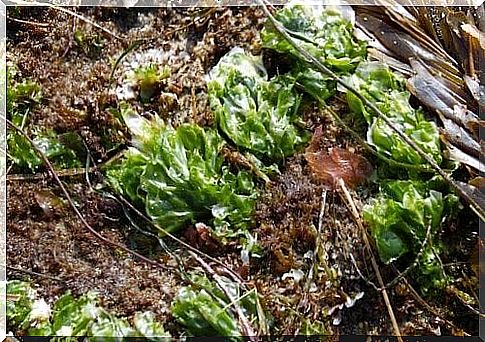
Algae contain powerful trace elements that serve as food for the good microbes that live in the soil.
The algae then help prevent the plants from withering and looking bad. In addition, they protect them from certain microorganisms responsible for diseases.
Instructions
- Take a good amount of seaweed, and put it in a bucket of water.
- Cover the bucket. Let sit for two or three weeks.
- After the indicated time has elapsed, spread this liquid on the floor.
- For small plants, two cups will suffice. For medium to large plants, use 4-6 cups.
Do you want to revitalize the plants in your garden? There is no point in spending a fortune on industrial fertilizers.
Try one of our natural alternatives first, and see for yourself the properties of these organic fertilizers.

